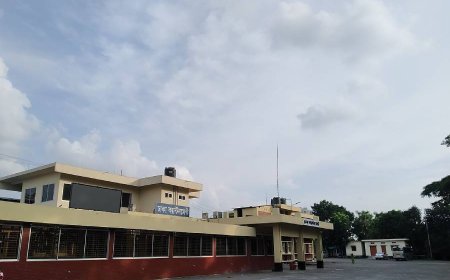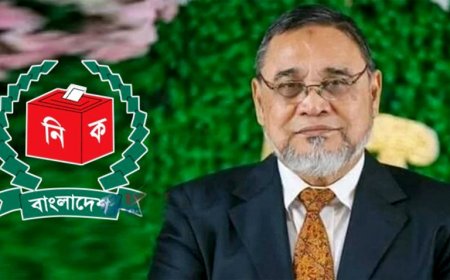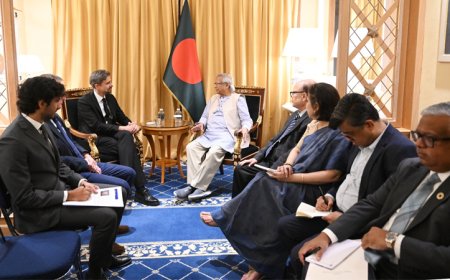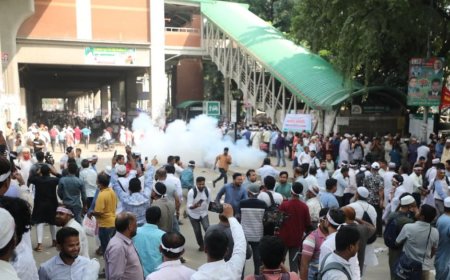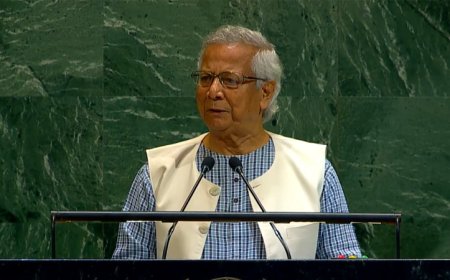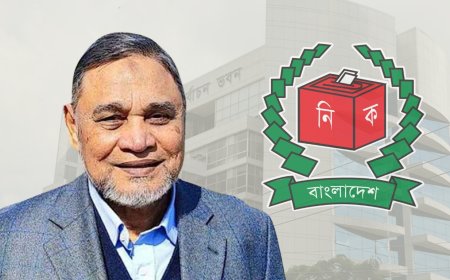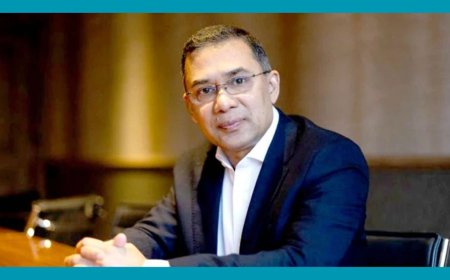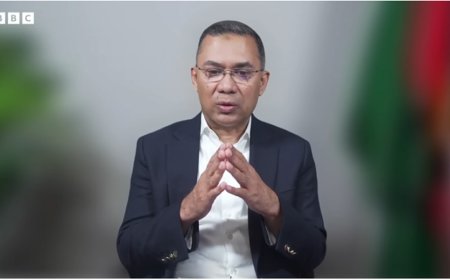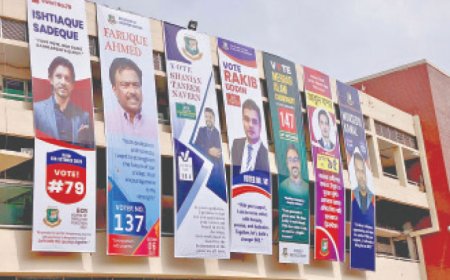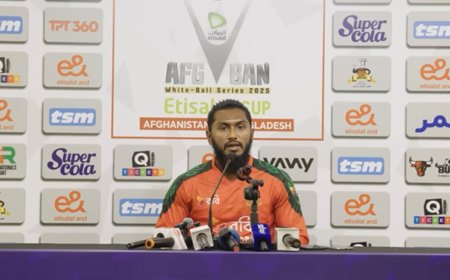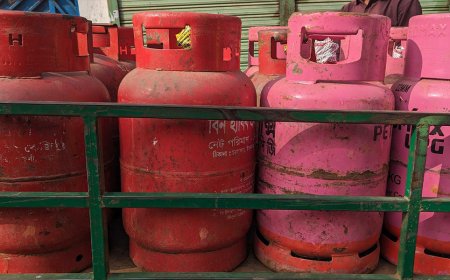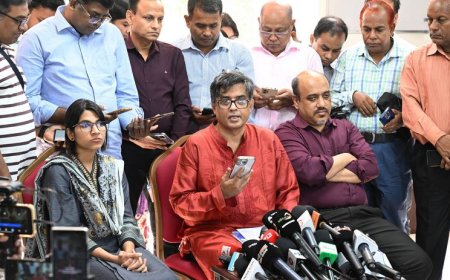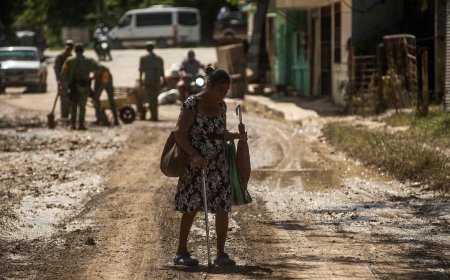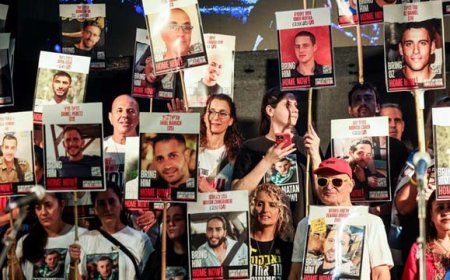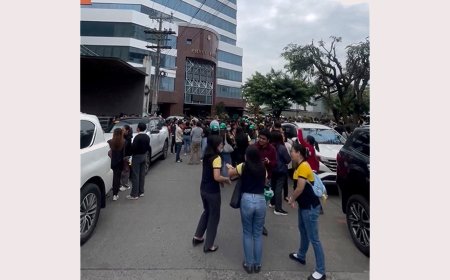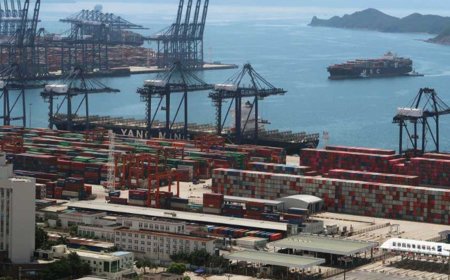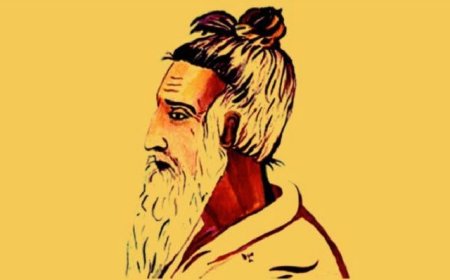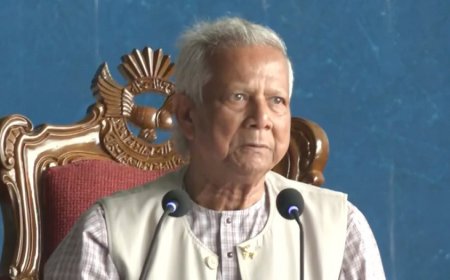Interview with Army Chief General Waker-Uz-Zaman, "We stand at the threshold of a new vision, embarking on a transformative era"
The Bangladesh Army has been offering various forms of support to the interim government following the July student-people’s uprising. Chief of Army Staff General Waker-Uz-Zaman has been assisting the government based on its needs, focusing on improving law and order nationwide, realizing the new vision, and fostering the establishment of democracy. In an interview with Prothom Alo’s editor Matiur Rahman and diplomatic correspondent Raheed Ejaz on December 30 at the army headquarters, General Waker discussed the people's aspirations in light of the country’s shifting political landscape after the mass uprising, as well as the current realities and other related matters.
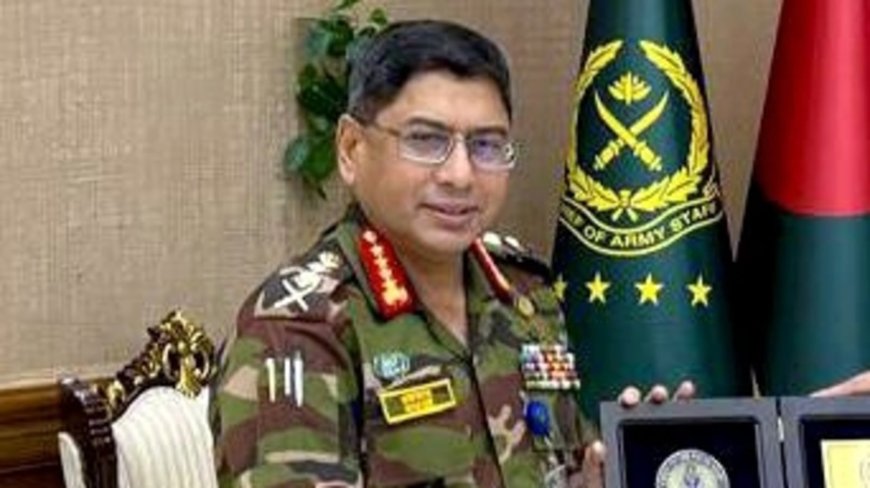
Prothom Alo: The year 2024 was pivotal for Bangladesh, marked by the July uprising and many significant changes…
General Waker-Uz-Zaman: That’s correct. It was an immense uprising, with many martyrs and wounded individuals. We have gone through a historic shift to reach this point. We are now in the midst of a new vision, a transitional period. The year 2024 has created new opportunities and possibilities for us.
The participation of students, the public, and political parties in the July-August 2024 uprising is a landmark event in Bengali history. The nation will forever be grateful to those who sacrificed their lives and those who were injured during the uprising.
Prothom Alo: What are your expectations for the New Year, 2025?
General Waker: In 2025, we aim to walk the path toward lasting peace. For that, we all must move forward together, building a consensus. While differences in opinion are natural, national issues require agreement. Only then will democracy take root and endure.
We seek a peaceful environment, as peace and stability are critical for Bangladesh’s economic and social development. Without them, progress and good governance are impossible. Therefore, we must restore tolerance among ourselves and create an atmosphere of national consensus.
Prothom Alo: Recently, the army has been holding press briefings, and you’ve also been speaking.
General Waker: I believe you are responsibly reporting news, and I feel comfortable speaking with you for this reason.
Prothom Alo: There has been much talk about civil-military relations and the relationship between the press and the armed forces. Problems arise when there is a lack of trust.
General Waker: If you responsibly report my thoughts, I am happy to engage with you. Historically, members of the armed forces have refrained from speaking with the media. This has been the tradition for years.
Prothom Alo: So, you’re saying this has been the practice for a long time?
General Waker: Yes, it has been. The military has traditionally been hesitant to speak to the media. But now, in these unique circumstances, the people may have questions and doubts. Misinformation and disinformation are being spread on social media, so it’s necessary for us to occasionally address the media.
Prothom Alo: The chief advisor has set a timeline for the general election. Do you have anything to say about this? You will have a role to play.
General Waker: The people clearly want a fair, peaceful, and festive election. This is also the primary goal of the interim government. The chief advisor has given a timeline, which is appropriate. We will offer our full cooperation to the interim government to help implement the election framework.
Prothom Alo: The army is part of the government. Does the army have any concerns about the current situation?
General Waker: We must stay grounded and understand the situation. Let me explain our position. Ultimately, it’s my soldiers who will be deployed in the field. They’ve been out there for five months now. The longer they stay in the field, the greater the risk of facing unlawful activities. One of my officers was killed while trying to apprehend a robber. If the police can get better organized, I would have fewer concerns. If they are well-organized and the civil administration can properly manage law and order, we would be relieved as well.
Prothom Alo: But the police haven’t been reorganized yet.
General Waker: That’s partially true. The efforts to reorganize the police are underway, and we hope these efforts will be successful soon.
Prothom Alo: Over the past 15 years, the administration, police, judiciary, business sectors, and other state systems have collapsed. Restoring them to normalcy will take time.
General Waker: This will require the involvement of political parties and a functioning government. The politicians must step up. Without politics and a political government, this is impossible.
Prothom Alo: Over the past five decades, our political parties have failed to take action, leading to the current situation.
General Waker: That’s true, but now an opportunity has emerged. We have the chance to address these issues now.
Prothom Alo: Political parties have promised reforms in the past, but once in power, they failed to follow through…
General Waker: We are now in contact with the politicians. They understand that reforms are necessary for everyone. The matter of reforming the constitution, especially balancing the powers between the president and the prime minister, has come to the forefront.
Prothom Alo: Are you suggesting a power balance between the president and prime minister in governing the state?
General Waker: I don’t want to get into too much detail, as I’m not a constitutional expert. However, from my experience, I believe it’s essential to strike a balance between the president and the prime minister. The armed forces could be placed under the president’s authority.
Prothom Alo: You’re referring to the time when the armed forces were under the president during the caretaker government?
General Waker: Yes, I was referencing that period when the armed forces were under the chief advisor. My point is about balancing power. It’s best left to experts to determine how to achieve this balance, but if done, it would create stability in the system of governance.
Prothom Alo: Have you had any discussions with the constitutional reform commission or other bodies?
General Waker: No, not in any detailed capacity. However, I did speak with one individual some time ago.
Prothom Alo: Over the past 50 years, we’ve seen the army come to power, often as a result of movements or to address political situations. This time, it was the people who called on you.
General Waker: We are focused on maintaining law and order. Our experience with the 1/11 (January 11) crisis was far from pleasant. When soldiers remain in the field for too long, there’s a risk of indiscipline, although such instances have been rare. We investigate any breaches of discipline and ensure punishment. However, any breakdown of discipline concerns us. The army was never meant to be involved in politics.
Prothom Alo: So, you intend to stay in the background now?
General Waker: Staying in the background means we are assisting the interim government, offering the help they need. We will continue to do so. When the interim government feels that our work is done and the police can take over, we will gladly return to the cantonment.
Prothom Alo: Are you offering all types of cooperation to the interim government?
General Waker: We are fully supporting the government. We will help the chief advisor in any way he requests, even if it involves temporary inconvenience for our troops. We are ready to make any sacrifice for the nation’s and people’s benefit.
Prothom Alo: Many argue that past struggles and movements didn’t lead to reforms or changes. Do you see the current circumstances as the last opportunity for change?
General Waker: I wouldn’t call it the last chance, but rather an opportunity. We should seize this chance to make progress. If we can create an orderly environment, many will benefit in the long term. The opposition plays a vital role in politics. The government and opposition are complementary. A strong opposition is essential in a democracy, providing checks and balances.
Prothom Alo: Regarding reforms, what mindset do you see among the political parties? How optimistic are you about change?
General Waker: I am hopeful. There are many capable politicians in the parties. While there may be differing opinions, my past experience shows that when we reach such crossroads, our politicians tend to adopt a cooperative mindset.
Prothom Alo: If an understanding isn’t reached between the interim government and political parties, what could happen? Do you foresee such a scenario?
General Waker: I don’t foresee that. An understanding is possible, and it can be reached through dialogue. This is also a cultural issue. Everyone should recognize this. I’m not a pessimist; I’m an optimist.
Prothom Alo: How do you view the recent labor unrest, strikes, and disorder in various sectors?
General Waker: In some cases, there is justification, while in others, there is instigation.
Prothom Alo: The army has been given magistracy powers. How are you applying these powers?
General Waker: We are taking action. Since the army has applied its magistracy powers, the law and order situation has improved. I’m not as concerned about the law and order situation as some may think. But law and order is a collective effort. The police, the administration, the government, the army, and the general public all have roles to play. Everyone must keep that in mind. We cannot simply blame one entity for the situation.
Prothom Alo: With the breakdown of law and order, instances of mob justice are also occurring, with people taking the law into their own hands.
General Waker: This is extremely harmful and akin to a disease. Seeking solutions through extrajudicial killings or mob justice is wrong and must be stopped.
Prothom Alo: The armed forces have faced criticism in the past, particularly regarding the actions of the DGFI. Do you intend to eliminate such practices in the future?
General Waker: The DGFI is an independent entity. The army does not want to be involved in such activities, and we will not tolerate anything that tarnishes the reputation of the armed forces.
Prothom Alo: Bangladesh has many issues with India concerning water, borders, and other matters. There have been talks on some unresolved issues recently.
General Waker: India is an important neighbor, and we depend on them in many ways, while they also benefit from us. A large number of their people work in Bangladesh, and many Bangladeshis seek medical treatment in India. We import many goods from them. Our relationship with India must be based on fairness and equality. There should be mutual benefit, and neither country should feel dominated by the other.
Prothom Alo: Bangladesh’s cooperation in ensuring security in India’s northeast is a major issue for them. They’ve received cooperation from the past government in this regard.
General Waker: We will not do anything that harms our neighbor’s strategic interests. At the same time, we expect them to respect our interests. We will ensure stability in the Chittagong Hill Tracts and along the Myanmar border. Our water-sharing agreement must be honored, and there should be no border killings. Relations should remain on an equal footing.
Prothom Alo: How do you view defense cooperation with China?
General Waker: Our foreign policy promotes friendship with all and malice toward none. We must maintain balance in our relationships. China is an important partner in our development, with significant investment in Bangladesh. The armed forces use Chinese equipment, including weapons for the air force and navy, which are relatively inexpensive.
Prothom Alo: How about relations with the US, a major power in the Indo-Pacific region?
General Waker: Our relations with the US are also good, and we will continue to maintain them.
Prothom Alo: Given the past, many question whether the army has an interest in politics or power. How do you respond to that?
General Waker: The armed forces should never interfere in politics. It harms the institution. This has happened in the past, and we have learned from it. My commitment is to keep the army out of politics. The army is not a substitute for politicians.
Prothom Alo: People are also concerned about rising commodity prices. Do you have a message for the public?
General Waker: The country is going through a challenging time, and we must limit our demands. Let’s not overwhelm the government. Patience is essential. Businesspeople and industrialists should control prices and avoid profiteering. Now is the time for solidarity. The political parties will come to power and resolve these issues. Let’s support the interim government in completing reforms and holding elections. We must not add unnecessary burdens to their shoulders. We are ready to support the success of Dr. Yunus and the interim government.
Prothom Alo: Thank you, General Waker.
General Waker: Thank you.
What's Your Reaction?







